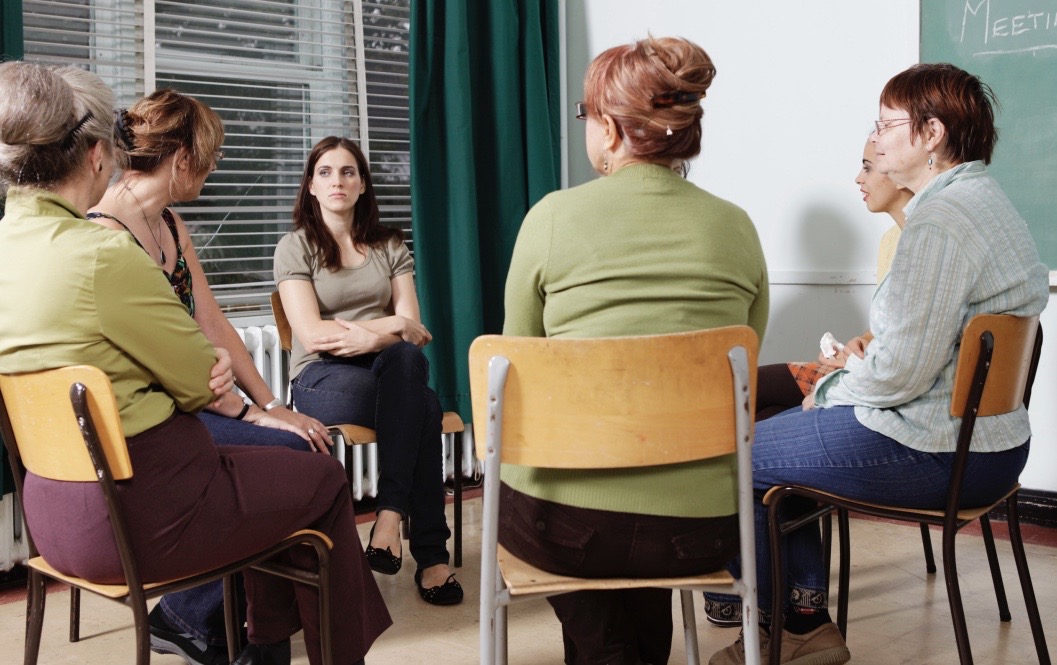By Richard Devine (03.09.2020), Social Worker for Bath and North East Somerset Council.
Originally I had intended to write a blog with 10 pithy lessons from my experience of being a social worker since I qualified in 2010. What I have done instead is write 10 lengthy (ish) lessons, each amounting to the equivalent of a blog. Therefore, given the length of each one, I am going to share one every working day for the next two weeks (hoping that I can finish the final two before next week!). I cover a range of topics from relationship-based practice to decision making and removing children and time management. Each of these topics reflects my current understanding after a decade of working as a child protection social worker. If I were to imagine myself writing this 10 years ago, or even 5 years ago, I suspect I would be embarrassed at how little I understood. Therefore, I can only assume I will think the same about what I have written in these 10 lessons in a few years’ time. Some of you will be further along with your understanding than I am, and if this is the case I would appreciate feedback and critique. None of what I write about is static – they represent my best understanding of issues in a moment in time.
Lesson 4. Parenting courses don’t work in Child Protection
I am not against parenting courses per se. Some have a good evidential basis and will be helpful for some parents. However, in 10 years, I have yet to encounter a family who was able to address the issues that warranted their children being on a child protection plan by attending a parenting course. But attendance at a parenting course featured on most support plans. Therefore, the issue is whether it’s appropriate for children’s services to compel parents to attend such a course even though it is unlikely to address the fundamental concerns that warrant statutory involvement.
Crittenden has found that improving parental knowledge has ‘no effect … on the likelihood of abusing and neglecting behaviours’ (Landa & Duschinsky, 2013: 333), and she highlights that evidence suggests that maltreating parents have a similar knowledge base about parenting than adequate parents (Crittenden, 2008). This is consistent with my practice experience. This is important because a prevailing idea in child protection is that children are at risk of of poor parenting that can be remedied with improved knowledge, when in fact this is rarely the case, if ever. The consequence of this idea is an almost universal expectation that parents attend parenting courses if their children are considered to be at significant risk of harm.
Even if there are some parenting concerns, children are more than capable of adapting and developing strategies in the context of mild to moderately insensitive, inconsistent or neglecting, rejecting caregiving and these strategies incur a low risk of psychological problems later in life (Crittenden and Landini, 2011). It is only when danger is introduced into the life of a child, particularly in the context of insensitive parenting, that the development of more sophisticated self-protective and typically maladaptive strategies is necessitated by the child. What is danger? Domestic abuse, severe and poor mental health, chronic and/or heavy substance misuse, and unresolved trauma. But also, social and structural issues that exacerbate, if not cause the likelihood of these issues arising (Featherstone et al, 2018). These issues undoubtedly effect and undermine parenting capacity. However, difficulties in parenting are often a symptom, rather than the cause of difficulties for children per se. Address the underlying issue (i.e. substance misuse, domestic abuse, etc), and most of the parenting concerns would automatically diminish, at least to a degree that doesn’t warrant social care involvement.
Every parent I have ever interviewed has expressed very similar desires for their children; for them to grow up safe and happy, get a good education, and be able to have a good job and a family of their own in adulthood. Therefore, the question is, what psychological and sociological factors are getting in the way of them acting upon their desires and values and how can we organize our services to help them?
Bibliography:
Crittenden, P.M. (2008) Raising Parents: Attachment, parenting and child safety. Cullompton, Devon UK: Willan.
Crittenden, P.M. and Landini, A. (2011) The Adult Attachment Interview: Assessing Psychological and Interpersonal Strategies. New York: W.W. Norton & Co
Featherstone, B., Gupta, W., Morris, K & White, S. (2018). Protecting children: A social model. Bristol: Policy Press.
Landa, S. & Duschinsky, R. (2013) Crittenden’s Dynamic Maturational Model of Attachment and Adaptation. Review of General Psychology. 17(3) pp.326-338.
By Richard Devine 03.09.20
If you have found this interresting/useful, you may wish to consider scrolling down further, and join 100+ others in signing up for free blogs to be sent directly to your inbox (no advertisements/requests/selling). I intend to write every fortnight about matters related to child protection, children and families, attachment and trauma. Or you can read previous blogs here


Hi Richard,
Another really interesting and thought-provoking read. How would you say your observations relate to parents with learning difficulties, who usually come to the attention of social workers because of concerns about the children experiencing neglect, and who perhaps don’t have the basic parenting knowledge that other parents have?
Best wishes,
Nadine
Nadine Tilbury
Policy Officer for Working Together With Parents Network
Norah Fry Centre for Disability Studies
School for Policy Studies
8 Priory Road
Bristol
BS8 1TZ
Tel: 07500 294577
http://www.wtpn.co.uk
(My working days are usually Tuesdays and Wednesdays)
________________________________
LikeLike